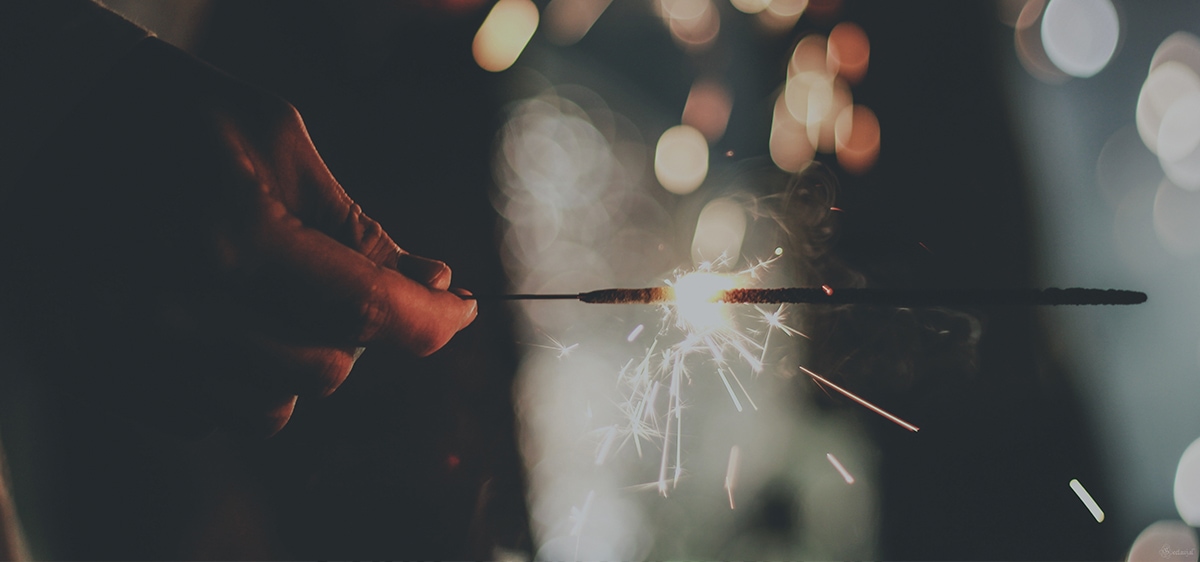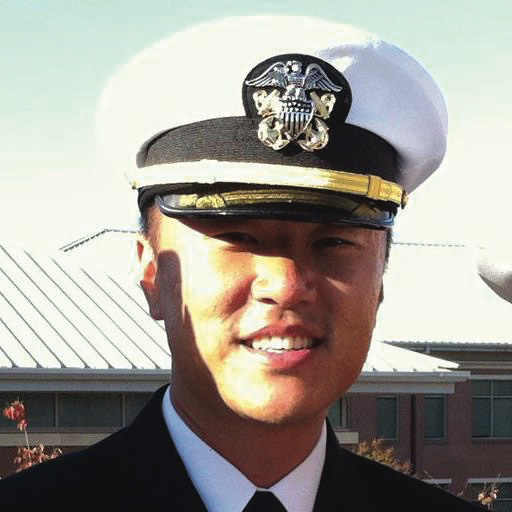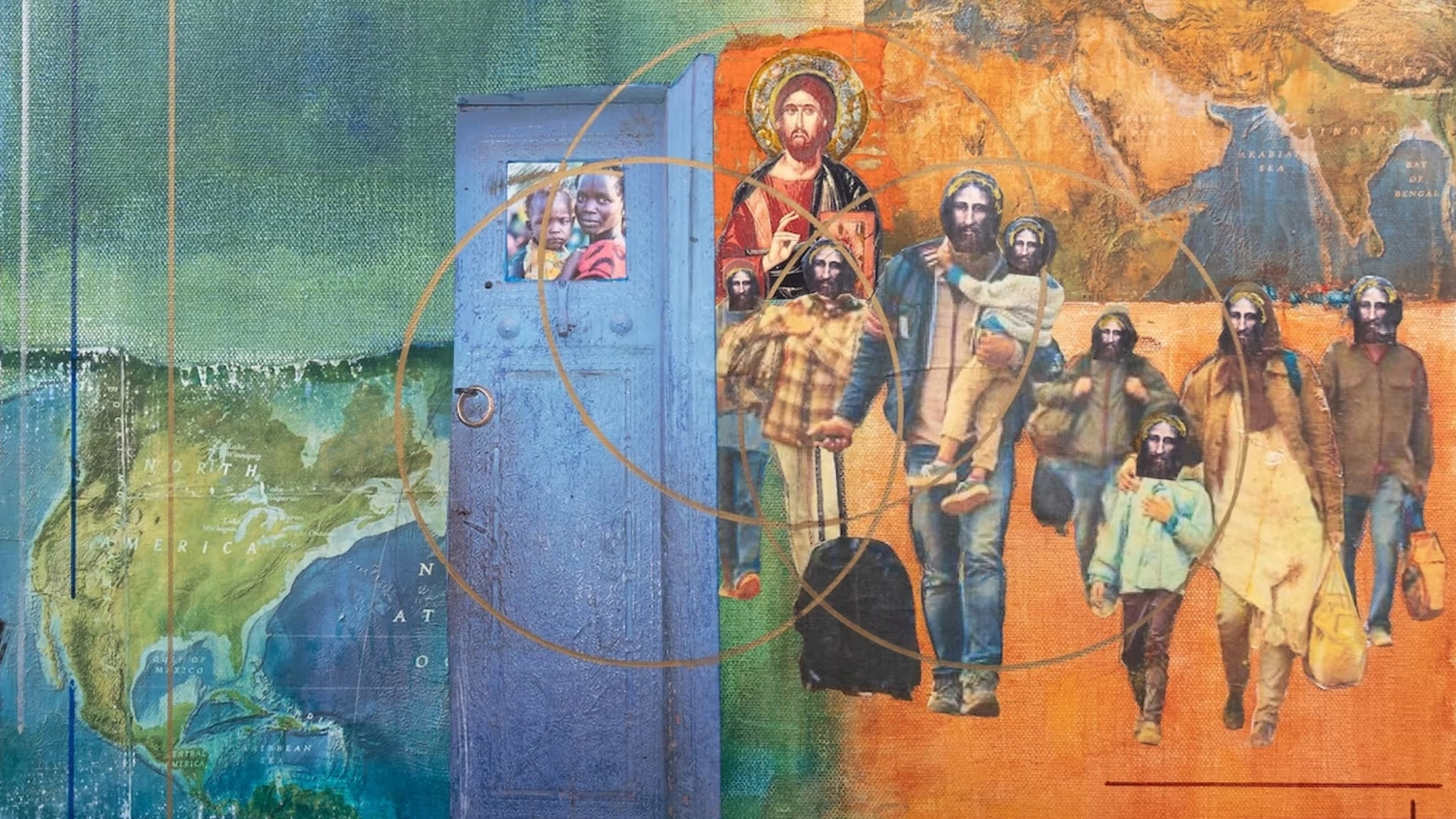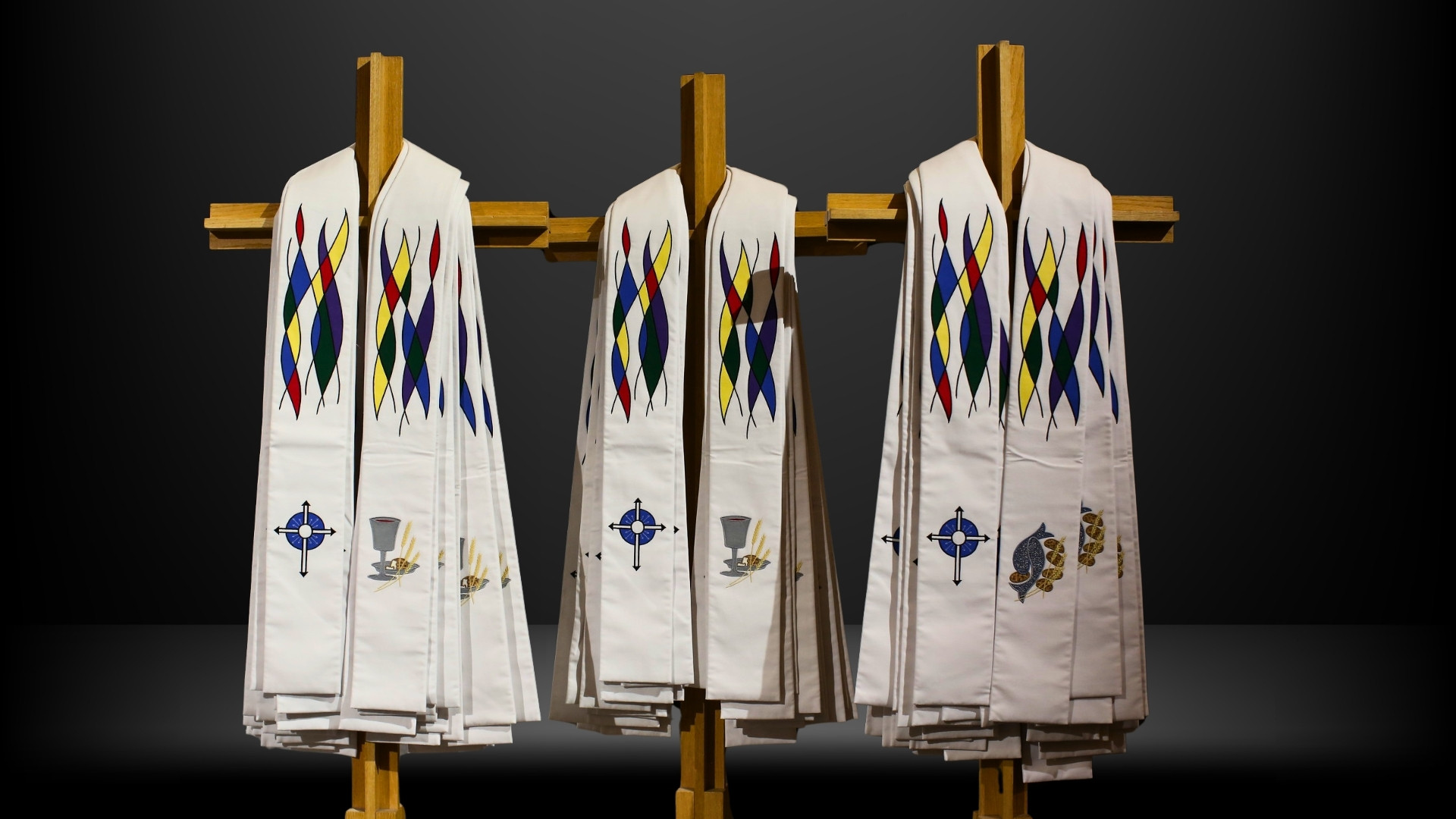A Letter to My Younger Self on Race, Faith, and Fatherhood
Dear Thirteen-Year-Old Mark,
I suppose at midlife—now that I am forty-one—I should have more answers for you. I’m afraid that isn’t the case. In fact, over the years I’ve come to value good questions more than clear answers. Please forgive me if I fail you in this.
I remember how it feels to get up for school without anyone at home to say “good morning” to. Your mom is working hard and long hours sitting behind a sewing machine every day so you can focus on school. Okay, let’s be honest. She is doing what she can to take care of the family without a husband at home.
On your walk to school you will run into someone saying, “ching, chong, chong.” It may be the guy on the side of the street selling illegal copies of bootleg movies or one of your classmates. It may be a neighbor.
When I was told, “Go back to your own country” and called “Chino” or “Chink,” I vowed to never let anyone demean me in such a way again. So I armed myself with knowledge. Here I am twenty-eight years later, with a college degree in English and two master’s degrees. I am a doctoral candidate, an officer and chaplain in the Navy—and my three sons are treated the same way I was—the way you are and will be treated. How much more American can a person get? It is a different generation now, but the assaults have not changed. It is hard to believe that my sons’ elementary school classmates were taught to treat them as strange foreigners.
At first, I told the boys to be proud of being Korean American. I reminded them that they were just as American as any of their classmates. Moreover, I told them that their dad is a member of the less than 1 percent of Americans who are sacrificing their lives to defend the freedoms we enjoy. That is something they should walk around feeling proud of.
Last, I told them that American does not equal blond hair and blue eyes. This is a nation of immigrants and foreigners who made it their home by embracing the ideals and values represented in the Constitution. It’s difficult to reconcile the America I know on paper with the one we must all touch.
I think that worked until they were about your age, in middle school.
When the racist jokes and assaults followed them from Columbia, South Carolina, to Springfield, Virginia, to Camp Pendleton, California, I had to do something about it. Just the other day, Stephen, one of the twins, said to me with tears streaming down his face, “Dad, I wish I wasn’t Asian.”
Part of me wants to train the boys in mixed martial arts and empower them to teach every racist ignoramus a lesson they won’t forget. But that’s just my protective dad impulse. The racism they have to endure feels twice as hard as what I have experienced because they are my sons. It reminds me of why God seeing his Son on the cross is an exponentially more painful experience than taking on the suffering himself.
This is the hard part about racism. They tell you at church that all people are sinners. And yes, just like every other form of fear and hatred, racism is also a symptom of sin. But explaining it doesn’t always take away the penetrating sense of rejection and the human dignity that is gutted from you.
I wish I could give you a clear answer on how to overcome these kinds of challenges. Everywhere you turn you will see examples of people engaging in fight or flight. They either tackle the problems head-on or run away from them. I am finally learning that both paths lead to the same destination of confusion and only offer the illusion of resolution.
You may be wondering if there is a third way. I believe there is. In all my time in academia I have learned that it won’t be found in knowledge—it’s through courage.
This is what I want to tell you. It will take courage to get up and walk to school on the same route after getting robbed repeatedly, even with a blade pointed at you. Courage will keep you in the mess that is life. Courage will make it possible for you to dare and to imagine. It will keep you alive.
It may be difficult to accept, but I assure you, you will get through being thirteen. There is a lot to look forward to in your life beyond Jackson Heights, New York. One day, your memories of the racism, crack houses in the alleys, the indifferent teachers, the muggings, and the scams will fade.
Most of all, you will even survive the tragic death of your mother. The hardest thing about suicide is that there are no goodbyes. You will feel robbed, betrayed, and abandoned. One day, your desperate inner cry will be heard. You may never gain full closure about her suicide, but you will begin to hope again. I promise.
My friend and fellow chaplain Shane once asked me a question that I will be forever grateful for. He asked me to use one word to describe each of the three pivotal periods in my life. I told him “scream” captures my childhood to adolescent years. You know that. That is why I’m writing to you. I want you to know that, thanks to the humble heart of a Jewish carpenter, I was “heard” at the age of twenty-five. Since then I have been “listening.”
When I said those three words to Shane, something was unlocked inside me. Now I share them with you hoping they may serve as possible chapter headings in your outlook of the future. The silencing of your own scream will allow you to listen and hear for yourself. In time you, too, will know you have been heard.
Though you may not know who and what kind of difference it will make, many people are praying for you. You won’t hear this much from others, but please do try to tell yourself that you are a person of immeasurable worth. You matter to God. You will be loved and treasured one day by a loving wife and four beautiful children.
You are creative and a free spirit—sometimes to the point of recklessness. Don’t ever lose that! Winning is not found in the affirmation of other people. Neither is it in doing great things in the name of God. You have already won. You are complete if you live the life God has put within you, with courage.
God is with you, especially when you can’t discern his presence. This won’t make sense to you now—but it will.
When you have to face yourself in twenty-eight years, your courage will need to be great. My time in the military has shown me that it is much easier to overcome external challenges and focus on measurable wins. But there is nothing like winning in the battle against yourself. You will struggle with identity. You will never feel quite fully Korean or fully American. No amount of sociological research will give you peace about this. The third way, in this case, will be to fully accept yourself with all the complexity that means.
The racism you encountered can create an in or out mentality—of feeling either accepted or rejected. The truth is, you are always in and always out. That’s how life feels with people and with self. I still feel as though I am always traveling between home and homesickness.
So study yourself as much as you study your heroes. Try to make friends, not necessarily with the successful and smart but with the humble and wise. God is with you, especially when you can’t discern his presence. This won’t make sense to you now—but it will.
Last, don’t rush to grow up. You already possess a treasure more valuable than anything you will ever acquire. That is your capacity to wonder, to imagine. Courage will get you through the brick walls that come in the form of neighborhood horrors and life’s unpleasant surprises, but your imagination will make you soar. Don’t let anyone tell you to give up dreaming, imagining, and enjoying the world of fantasy for the sake of being a practical and responsible adult. Dreaming is how you will experience hope, faith, and love and how you will know God beyond ideas.
In writing this letter, I wonder, what if yours is a life unlike anyone else’s in history? What if your future is not determined by your social conditions and by the majority’s master narrative? What if you are really and truly unique? What if there is a life to be lived, a story in the history of the world and beyond, that is blank until you color it in? What would life be like if you actually believed in all this?
Love, Mark














